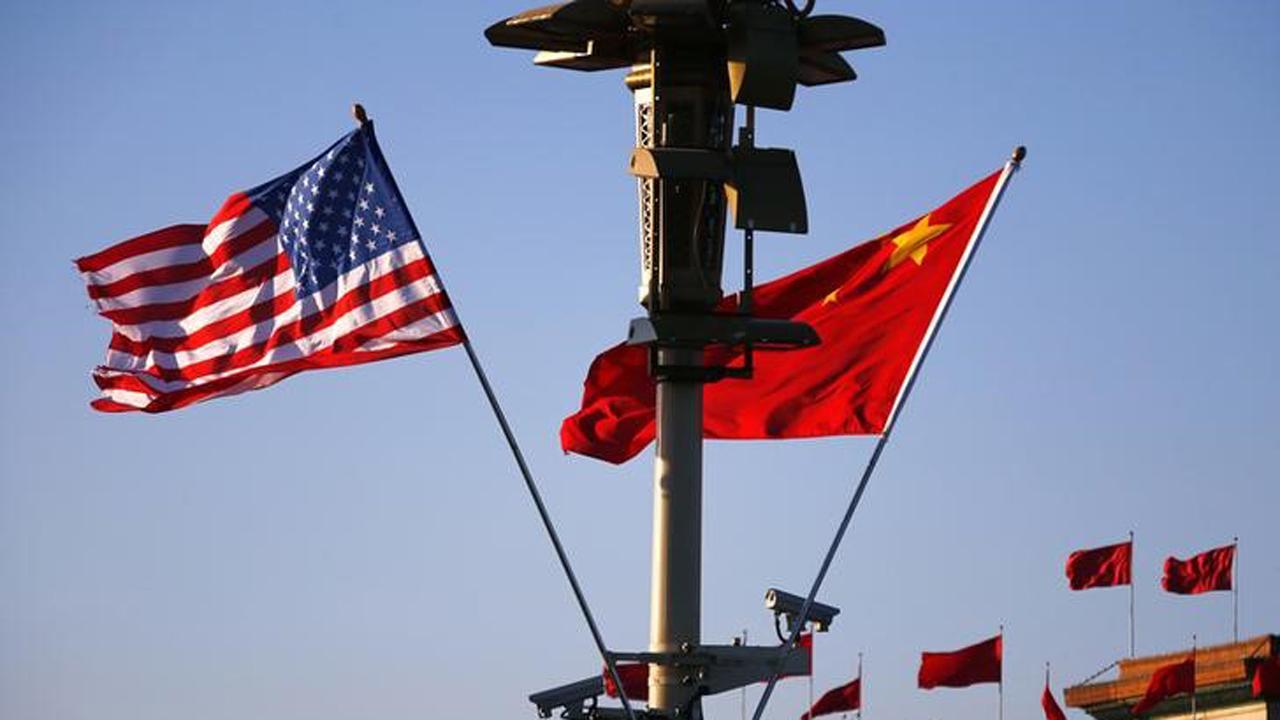Trump’s Chinese tariffs ‘devastating’ to shoe, apparel industry
President Trump’s plan to impose tariffs valued at $50 billion on 1,300 Chinese products could deal a huge blow to the apparel industry, American Apparel & Footwear CEO Rick Helfenbein warned.
“If it’s a hit on our industry, it’s a hit on the American consumer,” Helfenbein told FOX Business’ Ashley Webster during an interview on Thursday. “It would be devastating for us.”
The Trump administration announced the tariffs on Thursday in hopes of curtailing intellectual property theft in Beijing. A full list of products that will be subject to the tariffs will be released within 15 days of Trump’s signing the order. In addition to tariffs, the administration will impose investment restrictions on China and file a case with the World Trade Organization, a direct result of a trade investigation that found that China conducted cyber-theft from U.S. companies.
U.S. stocks suffered heavy losses amid investor fears of an emerging trade war between the U.S. and China, with the Dow Jones Industrial Average closing more than 700 points lower, slipping below the 24,000 mark. The markets were also roiled by the resignation of John Dowd, Trump’s lead attorney in the Russia investigation.
Helfenbein’s national trade organization, which is based in Washington, D.C., represents more than 1,000 name brand shoes and supports more than 4 million U.S. jobs. Although he’s still uncertain if apparel will be affected by the tariffs, he lamented that the industry already pays 51% of tariffs collected in the country -- but only represents 6% of imports.
“We are hoping, we are really hoping, that we are not on this list,” he said.
According to the Footwear Distributors and Retailers of America, a non-profit organization, duties in the footwear industry are already among the highest paid -- nearly 11 times higher on average than those paid on other goods.
“There could be retaliation, there could be problems in terms of what’s going to be sold, who’s going to buy it, where are we going to buy it, how do you move industries out of China,” Helfenbein said. “You can’t imagine what this unleashes. This is just not the right solution to the problem.”




















